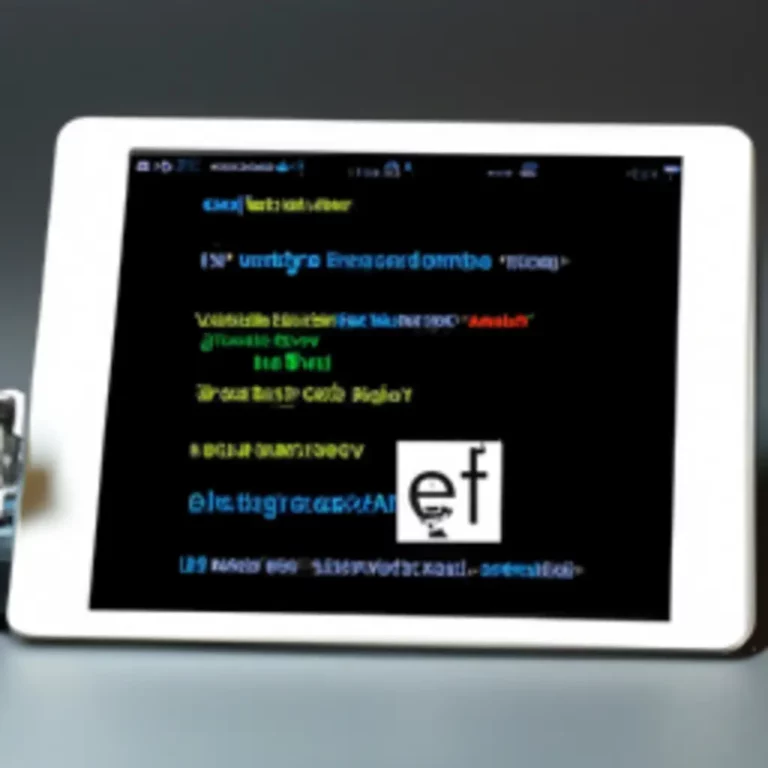Resilience at the Core: Lessons from Valessa L. Taylor on Overcoming Trauma and Building Success
Table of contents
- Understanding Trauma and its Impact
- Valessa L. Taylor’s Journey: From Trauma to Triumph
- Building Resilience: Practical Strategies for Advanced Readers
- Applying Resilience in Everyday Life
Understanding Trauma and its Impact

The Silent Struggle: Recognizing the Signs of Trauma
Trauma often weaves itself into the very fabric of our daily existence, quietly shaping our thoughts and behaviors. Many people may not even recognize the signs, as internalized pain can manifest in various forms such as anxiety, anger, or even withdrawal from social interactions. Understanding that these reactions are often rooted in past experiences is the first step towards healing. Valessa L. Taylor emphasizes the importance of recognizing these signs as a pathway to reclaiming our narrative of resilience. Identifying how trauma affects us can be both enlightening and liberating.
The repercussions of trauma extend beyond the self; they ripple into our relationships, work, and overall well-being. Individuals may find themselves struggling to maintain healthy relationships due to past abuse or trauma. This can foster a cycle of isolation that further complicates their healing process. Valessa’s insights into how trauma affects relational dynamics highlight the necessity of addressing these issues openly. Recognizing these challenges allows us to seek help and develop healthier connections with those around us.
Breaking the Silence: The Importance of Acknowledging Trauma
Acknowledging trauma is a vital component of the healing journey. Valessa shares that finding one’s voice can be incredibly empowering, allowing individuals to articulate their experiences and emotions. Silence, often born from fear or stigma, can trap us in cycles of pain. Speaking up not only unburdens the soul but also creates an opportunity for healing. By sharing our truths, we can inspire others to do the same and pave the way for collective healing.
No one should navigate trauma alone. Building a robust support system is essential, and it can be done by identifying those who resonate with our journey and can offer empathy and understanding. Valessa emphasizes the value of seeking professional help, joining support groups, or simply leaning on friends and family. The act of reaching out often requires courage, but it’s an essential step towards weaving a safety net of relationships that foster growth and resilience.
Valessa L. Taylor’s Journey: From Trauma to Triumph

Military Service and the Seeds of Resilience
Valessa L. Taylor’s life is a testimony to the power of resilience shaped by her experiences in the military. Serving 22 years in the Air Force, she encountered various challenges that tested her strength as an African-American woman. Rather than being deterred by these adversities, Valessa harnessed them to fuel her determination to succeed. Her journey illustrates that challenges can be catalysts for personal growth, compelling us to dig deeper into our core for strength.
Throughout her military career, Valessa found that public speaking was not just a skill, but an avenue for empowerment and transformation. Teaching public speaking allowed her to empower others while simultaneously reinforcing her own voice. This experience was crucial in crafting her identity as a speaker and a consultant. Through her journey, Valessa learned that using one’s voice can become a beacon of hope for others facing similar battles, further solidifying her commitment to resilience and advocacy.
Turning Pain into Purpose: The Power of Storytelling
Valessa’s TEDx talk is a landmark moment in her journey, symbolizing a shift from pain to purpose. In sharing her story authentically, she demonstrates how vulnerability can empower others. Her realization that resilience is the cornerstone of success sets the stage for her ongoing mission to help others find their own strength. Owning her narrative has not only provided Valessa with healing but has also turned her experiences into guiding lights for those who may feel lost.
Transitioning from pain to paper has proven to be one of the most effective tools for Valessa’s healing. By penning her thoughts in her book “Raped the Silence for Good Girls Don’t Tell,” she found solace and connection with others who share similar struggles. Writing serves as both a therapeutic release and a means of forging connection through storytelling. Valessa encourages everyone to consider writing as a conduit for introspection, healing, and ultimately, empowerment.
Building Resilience: Practical Strategies for Advanced Readers

Tapping into Core Power: Unlocking Inner Strength
At the heart of resilience lies what Valessa refers to as Core Power. This concept encompasses understanding our inherent strengths and recognizing the unique qualities that allow us to overcome adversity. Valessa encourages readers to explore their own Core Power and how it can serve as a fundamental pillar in overcoming life’s challenges. This process involves self-discovery, which can be transformational in building resilience and reclaiming one’s narrative.
To tap into Core Power, Valessa provides practical exercises tailored for individuals to foster inner strength. Techniques such as meditation, affirmations, and journaling serve as pathways to connect with our core. These exercises create space for reflection and growth, enabling individuals to identify their strengths and cultivate resilience through mindfulness. Simple, yet effective, these practices can lead to profound shifts in perspective and personal growth.
Holistic Healing: Integrating Mind, Body, and Spirit
Journaling is a powerful tool in Valessa’s holistic approach to healing. It allows individuals to process emotions, identify patterns, and gain clarity on their experiences. By putting pen to paper, we engage in a dialogue with ourselves that can elucidate feelings we may not have confronted otherwise. Valessa advocates for this practice as a means to create a deep connection with our innermost thoughts and ultimately aid in our healing journey.
Prioritizing self-care is essential in the journey toward resilience. Valessa encourages the establishment of self-care rituals that nourish our mind, body, and spirit. This could be as simple as taking a walk, engaging in hobbies, or practicing mindfulness. By recognizing the importance of self-care, individuals can create a foundational practice that bolsters their emotional and physical well-being, paving the way for a more resilient future.
For Valessa, faith plays a significant role in cultivating resilience. It becomes a source of strength during times of adversity, guiding individuals toward hope and perseverance. Cultivating faith—be it spiritual, communal, or personal—allows individuals to find purpose even in the hardest times. Valessa emphasizes that faith empowers us to confront challenges head-on, turning obstacles into opportunities for growth.
Strengthening Relationships: Communicating with Confidence and Compassion
Effective communication is a cornerstone of healthy relationships, and resilience greatly enhances our ability to connect with others. By overcoming personal struggles, individuals can develop greater empathy and understanding towards those around them. Valessa emphasizes that improved communication skills, born out of resilience, can lead to stronger, more meaningful relationships. This newfound strength encourages openness in expressing emotions, ultimately fostering deeper connections.
In any relationship, conflicts are inevitable. However, resilience equips us with the tools to navigate these challenges constructively. Valessa suggests that approaching conflict with a compassionate mindset can turn potential pitfalls into growth opportunities. By utilizing resilient communication strategies, we can foster connection amid discord and emerge with stronger bonds.
Embracing Challenges: Turning Obstacles into Opportunities
Valessa teaches us the critical art of reframing setbacks as opportunities rather than obstacles. This shift in perspective allows us to grow from our experiences, recognizing that adversity can cultivate resilience. By viewing life’s challenges through a lens of possibility, individuals can empower themselves to confront their fears and take bold strides toward improvement.
A positive mindset is incredibly vital for building resilience. Valessa passionately shares that cultivating optimism—even amid challenging circumstances—can pave the way for perseverance. She encourages readers to focus on gratitude and celebrate small wins as critical components of resilience. Maintaining a positive outlook not only enhances our coping mechanisms but also inspires others to adopt the same mindset, creating a ripple effect of positivity in our lives and communities.





